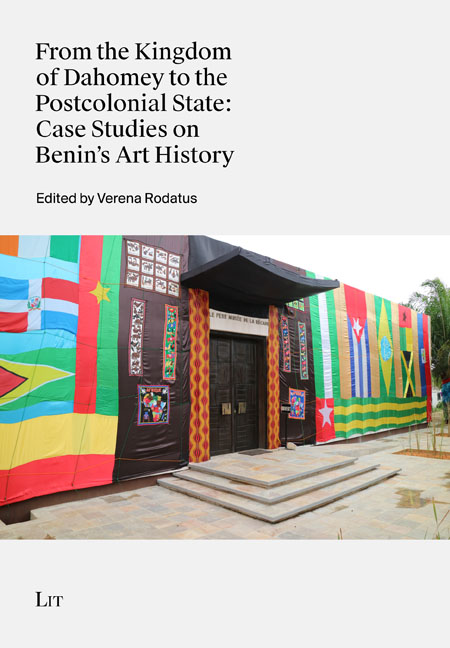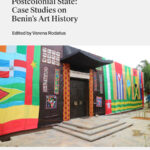Beschreibung
The essays collected in this volume bring together in-depth case studies of the art production in the Republic of Benin – from the Kingdom of Dahomey to the era of the postcolonial state. Historical, modern and contemporary artworks are put in relation to Benin’s vernacular Vodun aesthetics, and the book’s guiding question is how art patronage has shaped the historical development of artistic practices, genres and themes. The contributions discuss art production under royal and governmental patronage – as in the Kingdom of Dahomey (17th – 19th century), in times of early post-independence (1960 – 1974), in Benin’s socialist era (1974 – 1990), and during the state-organized Vodun-Festivals in the context of the country’s re-democratization (early 1990s). In addition, they reflect on more recent artists’ initiatives (mid-1990s) as well as on the impact of new transnational institutions and networks (biennials, independent art spaces) in the era of neoliberalism (since 2000). Two artist interviews illuminate the dynamics from different internal perspectives and round off the picture.
Verena Rodatus is curator in charge of the African collections (West and Southern Africa) at the Ethnologisches Museum Berlin.


